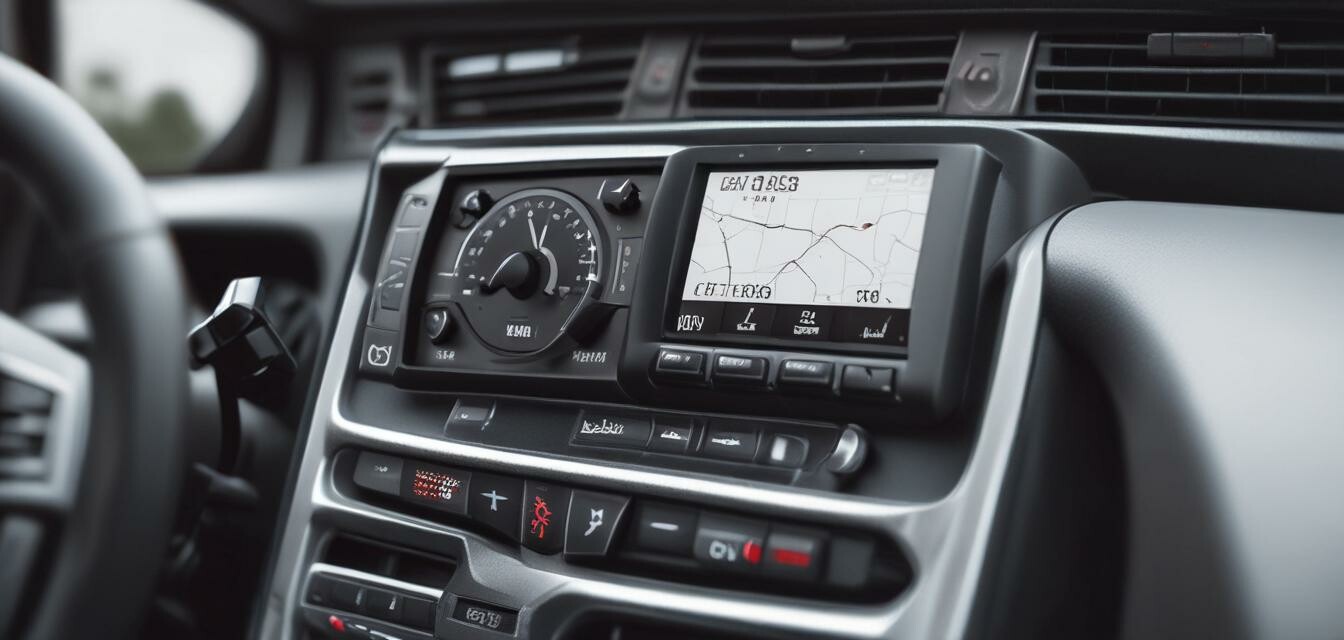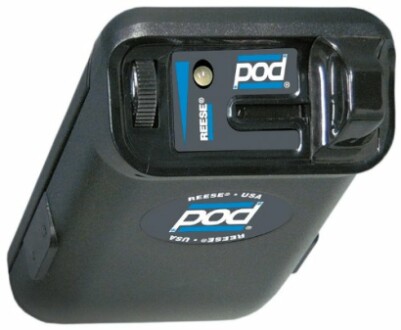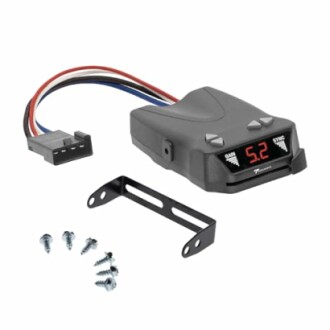
What to Consider When Buying a Brake Controller
Key Takeaways
- Understand the types of brake controllers available: time-delay, proportional, and inertia.
- Ensure compatibility with your vehicle and trailer type.
- Look for ease of installation and user-friendly features.
- Consider additional features like diagnostics, manual controls, and LED indicators.
- Read reviews and recommendations for popular models to make informed choices.
When you have a trailer hitched to your vehicle, safety is paramount. A brake controller is crucial for managing the braking system of your trailer, ensuring smooth and responsive stops. But with various options available, how do you decide which brake controller is best suited for your towing needs? In this guide, we will outline the key considerations to help you make an informed purchase.
Types of brake controllers
The first step in choosing a brake controller is understanding the different types available:
| Type | Description | Best Use Case |
|---|---|---|
| Time-Delay Brake Controller | Applies braking power that ramps up over time at a fixed rate. | Ideal for basic towing needs; simpler to install. |
| Proportional Brake Controller | Works by detecting the deceleration of the tow vehicle and applies brakes proportionally. | Best for heavy loads and more advanced towing. |
| Inertia Brake Controller | Uses inertia to determine the amount of brake pressure needed. | Suitable for a range of towing situations; requires calibration. |
Compatibility with your vehicle and trailer
Before making a purchase, ensure the brake controller you choose is compatible with your vehicle and trailer:
- Check the towing capacity of your vehicle.
- Examine the trailer type; a heavier trailer may need a more advanced controller.
- Verify that wiring harnesses are available for easy installation.
Ease of installation
Consider the installation method of the brake controller:
- Look for Plug & Play options for a quicker setup.
- Check for ease of access to adjustment controls, especially if the controller is mounted in a less accessible location.
- Assess whether the controller can be installed above or below the dashboard.
Features to look for
When comparing different brake controllers, consider the following features:
Pros
- Easy-to-read digital displays for settings and diagnostics.
- Manual braking options for additional control.
- LED indicators for connection status and power levels.
Cons
- Some models may be more complex to operate.
- Advanced features may come at a higher price point.
Top brake controllers to consider
Here are two highly recommended brake controllers to consider for your towing needs:
Reese Towpower 74377 Pod Brake Control
With its smooth installation process and up-front adjustment controls, this brake controller is user-friendly and reliable.
Learn MoreTekonsha 8507120 Brakeman IV
This time-delay brake controller features a digital display and manual braking for enhanced control, perfect for trailers with 1-4 axles.
Learn MoreConclusion
Choosing the right brake controller for your towing needs is essential for safety and efficiency on the road. By considering the various types available, ensuring compatibility with your vehicle, and assessing additional features, you can find the best option for your towing requirements. Always check reviews to help guide your decision-making process, and you'll be well on your way to a safe and enjoyable towing experience.
Tips for Beginners
- Always read the user manual of your brake controller for specific installation instructions.
- Test the controller's functionality before hitched towing to ensure it operates smoothly.
- Maintain the controller by checking connections and settings regularly.
Explore More
For more guides on selecting the right gear for your outdoor adventures and towing needs, visit our Buying Guides section. Whether you need insights into trailer hitches, kayak racks, or bike racks, we provide comprehensive reviews and recommendations.


